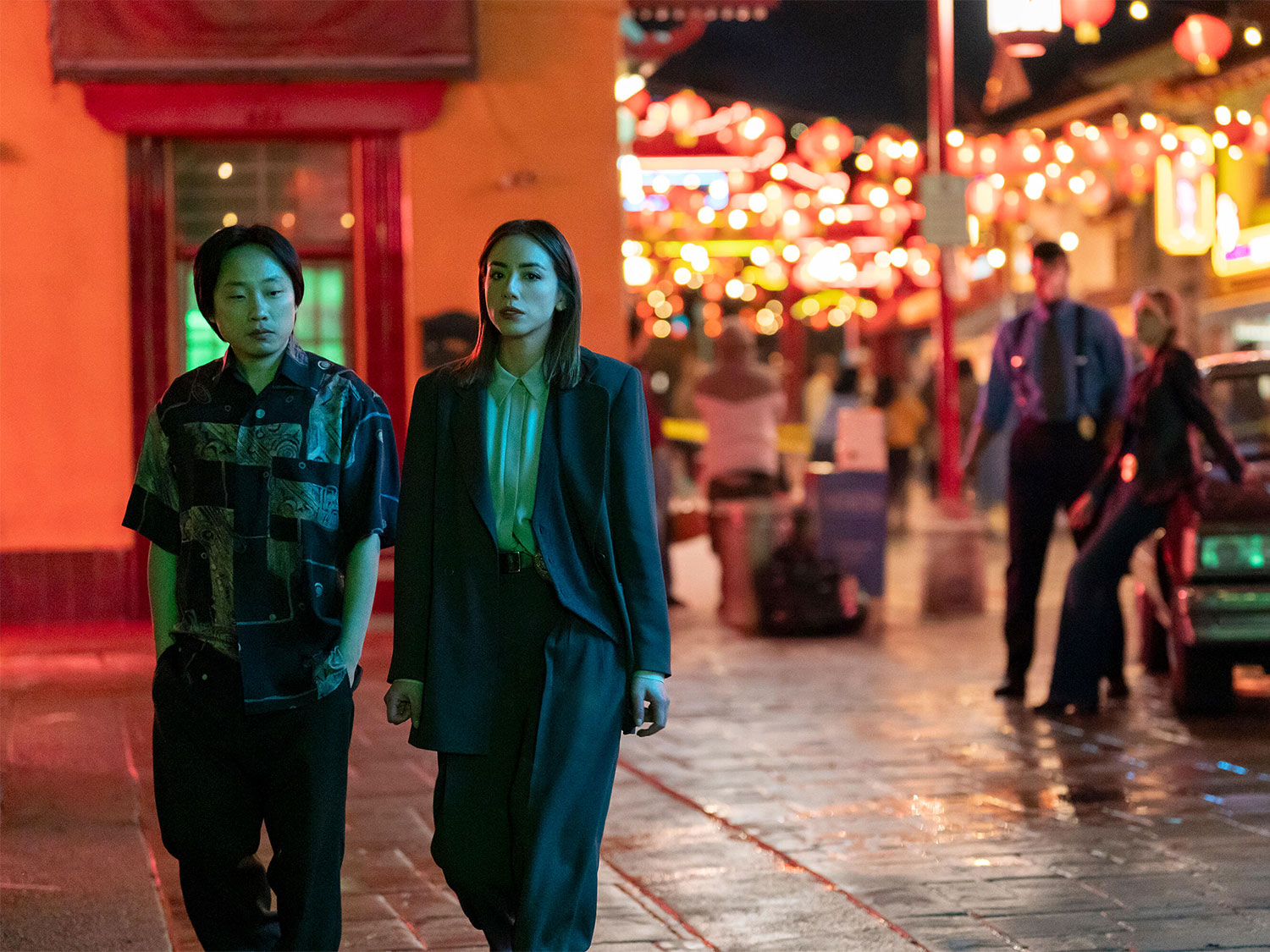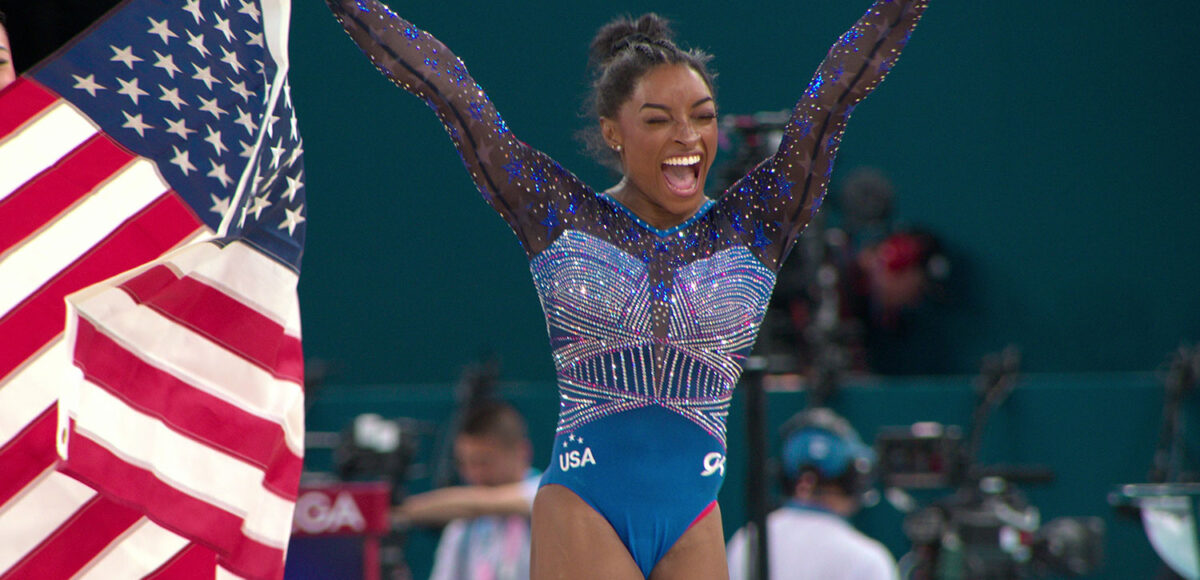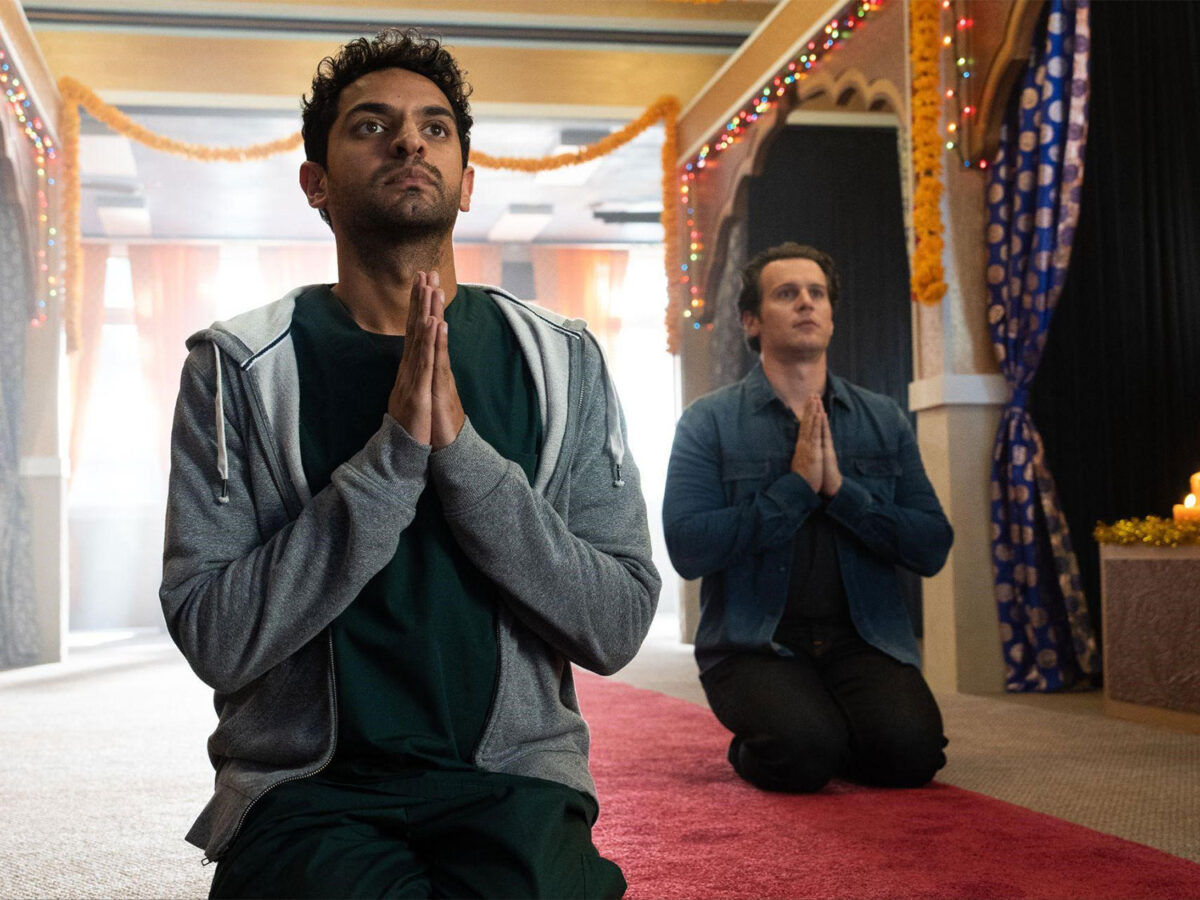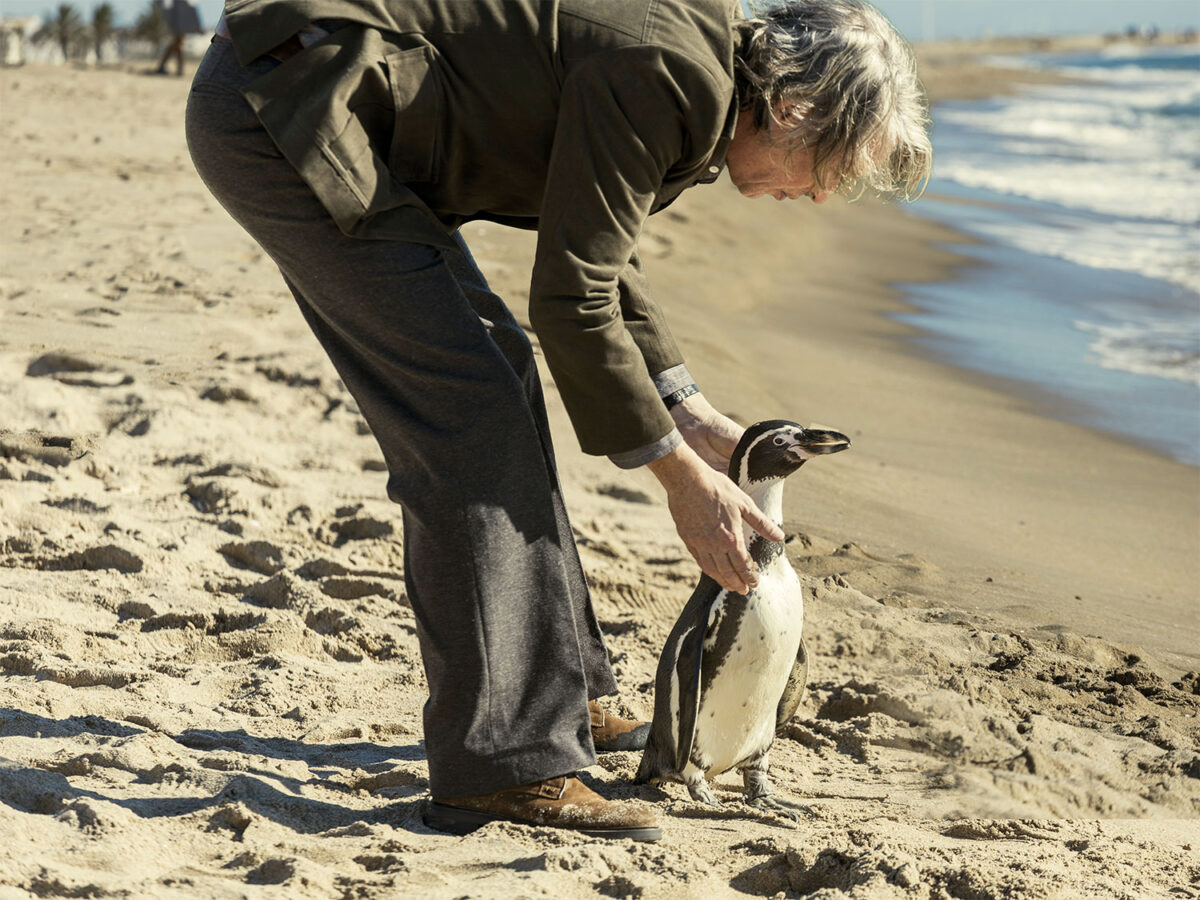Looking for late fall TV recommendations? Here is a rundown of some of the hits and misses of the season.
“The Diplomat”
Finally season two is here and just in time. The further adventures of our reluctant U.S. Ambassador to Great Britain, Kate Wyler (Keri Russell), and her unpredictable husband, Hal (Rufus Sewell), continue with the stakes ramped up even higher. Instead of recapping the first season, I exhort you to watch it again; you won’t be bored. You’ll need to watch at least the last couple of episodes if only to put the first season finale shocker together with the touch-and-go emotions of season two.
Kate and Hal, career diplomats specializing in the Middle East and Central Asia, found themselves in London when Kate was tapped to be the Ambassador to Great Britain, traditionally a post given to mega political donors with no work experience. What Kate doesn’t know, and Hal does, is that she is being groomed as a possible replacement for the current Vice President, who has been embroiled in her husband’s financial chicanery. As is so often the case, Kate is the last to know. But her vast experience will serve her well in this new position that is more fraught than she imagined. Her marriage to Hal is complicated and she is constantly on the verge of divorce, one that is repeatedly sidetracked by the ever-resourceful Hal. Charming to a fault, he feels sidelined and underused, something his ego can’t handle. Trust is definitely an issue, but she needs his navigational skills. The British Prime Minister is cagey, probably corrupt and, she suspects, is the actual perpetrator of a crime of international scope. Her alliance with the British Foreign Minister, fraught with sexual tension, has shored up her defenses.
Basically, anything revealed about what that crime is, how Hal is affected and who the responsible party is would be gigantic spoilers. As Kate grows into her job and begins to earn the respect of all around her, she comes face to face with the woman she is slated to replace—the U.S. Vice President, a stunningly chilling Allison Janney. Keeping as vague as possible, the shocking season one finale segues into season two with a death, breakups, betrayal, and investigations that lead where no one was prepared for them to go. Each episode is more breathtaking than the one that preceded it, making this series impossible not to binge. And it all leads up to a finale more shocking than the last one; one that will mutate, almost metastasize, into what is sure to be an exciting season three. All of the supporting players are terrific including the ever-interesting Celia Imrie as Margaret Roylin, an insider who has burrowed deep; Rory Kinnear as slimy Prime Minister Nicol Trowbridge; and David Gyasi as the Foreign Secretary who exudes pheromones. The level of authenticity is enhanced by the incredible locations, including the actual U.S. Embassy and the Louvre in Paris. Season three can’t come too soon.
Now streaming on Netflix.
“Simone Biles Rising”
Simone Biles, recognized as the greatest gymnast of all time, gave unprecedented access to documentarian and director Katie Walsh, and it pays off in so many ways. Billed as a two-season series, it is, in actuality, a documentary told in four thrilling, sympathetic, revealing and insightful episodes, the first two of which were already playing on Netflix and the second two, primarily focused on the Paris Olympics, premiered on Oct. 25. Watch all of them sequentially, and you have an intimate and exhilarating portrait of a phenomenal athlete who comes off as a delightful, embracing, down to earth, charismatic and introspective young woman who just happens to have skills heretofore unimagined.
“And still I rise” is her touchstone. A lyrical poem by Maya Angelou, she had those words tattooed on her collarbone. It is a reminder to her that no matter what anyone else thinks or says about her, especially after the Tokyo Olympics, she will rise above it. The first episode focused on the leadup to the Tokyo Olympics and the so-called disaster when she withdrew. Her withdrawal called attention to something called “the twisties.” In gymnastics, and in life generally speaking, the body must be in sync with the brain for motor activities to go smoothly. If, in the case of “the twisties,” you lose track of where you are while performing an aerial feat, you risk severe injury because you’ve lost your sense of where you are in the rotation or how to land. Biles described it as being “lost in the air.”
The second episode focuses on her decision to rise above what happened at the Olympics and her determination to rise again. She shows us the preparation and diligent work it took to get back to where she felt she needed to be. The third and fourth episodes are focused on the lead up to Paris, with the World Championships and her continued work in the gym. The footage from the Paris Olympics, some of which was part of the NBC coverage and some of it not, is nothing short of stunning.
Interspersed throughout the episodes are home movies starting when she was 6, and interviews with experts, the team physician, her coaches, Olympians past and present, and her fabulous parents. Simone and her three siblings were abandoned by their drug-addicted mother. After spending time in the foster care system, her grandparents adopted her and one of her sisters. Her other sister and brother were adopted by her aunt and uncle. This is as much a portrait of a brilliant athlete as it is the extraordinary love that surrounded her and contributed so much to her self-confidence as an athlete and an individual. She’s now 27 years old, married to a professional football player, and well on her way to inventing herself outside of her sport. But really, if you’re like me, you’ll thrill to her untethered leaps in the air. There can never be enough gymnastics, and there definitely can never be enough Simone Biles, a hero and role model for this and the generations to come.
Now streaming on Netflix.
“Cross”
Based on the James Patterson series of novels, “Cross” follows Alex Cross, an African American Washington, D.C. police detective, still reeling from the murder of his wife. He tries to make his family a priority, but police business always intervenes. A Ph.D. in psychology, Cross establishes his superior skills in the first few minutes when interviewing a racist murder suspect who enjoys taunting his Black jailers.
What the D.C. Metropolitan Police have not yet noticed is that a serial killer is on the loose. One of his victims was a former criminal, now a leader in his community, whose death was staged as a drug overdose. The community is convinced that, at the very least, this is a police cover up. Certainly, the chief is behaving that way in trying to close the case with a minimal investigation. If that’s what she wanted, however, she should never have assigned Cross to the case. It will be up to him to unravel what happened and why. He knew the victim and admired his transformation. A simple interview of the victim’s hostile friends and family reveal contradictory evidence. The higher-ups may want to close this case post haste but Cross doesn’t play that game. When other bodies start turning up, he realizes that something else is going on.
What should be a thrilling series with twists and turns aplenty is rather flat. The timing seems off. Aldis Hodge as Alex Cross is quite good but the support is weak and the dialogue, which should crackle, fizzles. The characters are wooden, and that is a directorial problem because, presumably, capable actors were hired in the first place. It’s a shame because Patterson’s books are always page-turners and one would hope for the same in the television equivalent. This should have been good or, at the very least, better.
Streaming Nov. 14 on Amazon Prime.

Photo courtesy of Mike Tiang/Disney
“Interior Chinatown”
This is an inventive series, if rather confusing, about a young Chinese American man, an aspirational actor always relegated to “third guy on the right,” who steps into a fantasy world where he is the hero of his story. Willis Wu, waiting tables at his uncle’s restaurant in Chinatown, inadvertently witnesses what may be an abduction. It is here where the lines blur and his so-called storyline intersects with that of a TV procedural called “Black & White,” starring, you guessed it, a beautiful white woman detective and her handsome, suave Black partner. Willis, seemingly entering the procedural playing on the restaurant’s television, is invisible to all except the new, woefully inexperienced but assertive diversity hire, Detective Lee, who is their “Chinatown expert.” It is Lee who picks up on Willis’ intel and tries to use it to elevate her status. But she faces her own invisibility issue. Willis has his own problems, not just the job he hates at his uncle’s restaurant, but also with his separated parents, each of whom stifles his dreams and any forward progress he attempts. And again, with an eye to destabilizing the real vs. unreal scenarios, Willis’s brother, Kung-Fu guy, has been missing for several years. Willis discovers that he was working undercover for the task force in Chinatown, but did he really exist? In the minds of Willis and his parents, who may or may not be part of this TV show, he existed and he is sorely missed. He was the handsome, talented one.
Confused? So am I. But it’s still worth at least a couple of episodes because it will probably immerse you in its quicksand approach to storytelling. It might not need to be reality-based or even separate the real from the fiction because the characters are engaging. In its own way, it blurs the lines even further because that is what television storytellers are always trying to do—make you part of the narrative.
Streaming on Hulu Nov. 19.
Neely Swanson spent most of her professional career in the television industry, almost all of it working for David E. Kelley. In her last full-time position as Executive Vice President of Development, she reviewed writer submissions and targeted content for adaptation. As she has often said, she did book reports for a living. For several years she was a freelance writer for “Written By,” the magazine of the WGA West, and was adjunct faculty at USC in the writing division of the School of Cinematic Arts. Neely has been writing film and television reviews for the “Easy Reader” for more than 10 years. Her past reviews can be read on Rotten Tomatoes where she is a tomato-approved critic.







